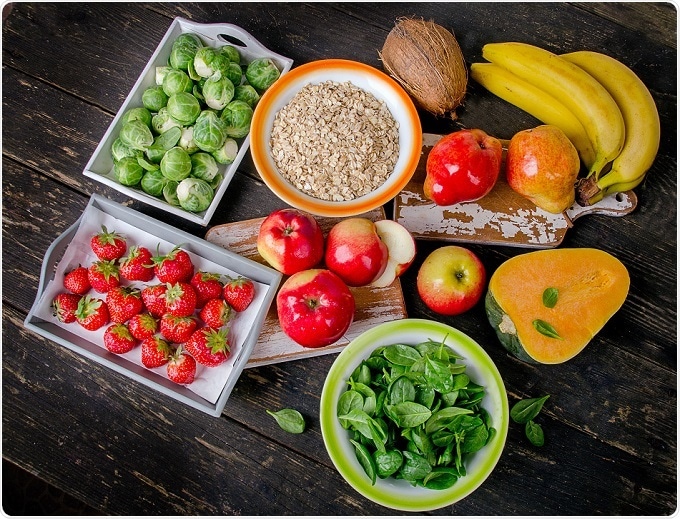Stool samples can indicate whether people can lose weight by following a healthy diet, according to a new study from the University of Copenhagen in Denmark.
The research showed that people cannot lose weight, even when following a diet rich in fruit, vegetables, fibers and whole grains, if they do not have adequate levels of the bacteria Prevotella in their feces.

Credit: bitt24/Shutterstock.com
Scientists are already aware of the association between human intestinal bacteria and the increasing prevalence of overweight and obesity and have started to look at the role these bacteria could play in treating people who are overweight. However, one author of the current paper, Arne Astrup, says “it is only now that we have a breakthrough demonstrating that certain bacterial species play a decisive role in weight regulation and weight loss."
For the study, Astrup and team conducted a randomized, controlled diet intervention where 31 participants followed the New Nordic Diet and 20 followed an average Danish diet for 26 weeks. The New Nordic Diet follows the Danish national dietary guidelines and contains a lot of root vegetables, cabbage, apples, pears, berries, dark greens and whole grains such as oats and rye.
At the end of the study, participants who followed the new diet had lost an average of 3.5kg in weight, compared with 1.7kg lost by those who followed the average diet.
When the researchers categorized the participants according to their level of intestinal bacteria, they found that those with a high level of Prevotella bacteria relative to Bacteriodes bacteria lost 3.5kg more when they followed the new diet than those who followed the average diet. However, participants who had a low ratio of Prevotella to Bacteriodes did not lose any additional weight as a result of following the new diet.
Overall, around half of the population has a high proportion of Prevotella relative to Bacteriodes and co-author of the paper Mads Fiil Hjorth says the study shows that only approximately 50% of the population will lose weight if they follow dietary recommendations and the new diet: “The other half of the population doesn't seem to gain any benefit in weight from this change of diet." She suggests that those individuals concentrate on other diet and physical activity guidelines until an approach that works particularly well for them can be established.
This is a major step forward in personalized nutritional guidance. Guidance based on this knowledge of intestinal bacteria will most likely be more effective than the "one size fits all" approach that often characterises dietary recommendations and dietary guidance,"
Mads Fiil Hjorth